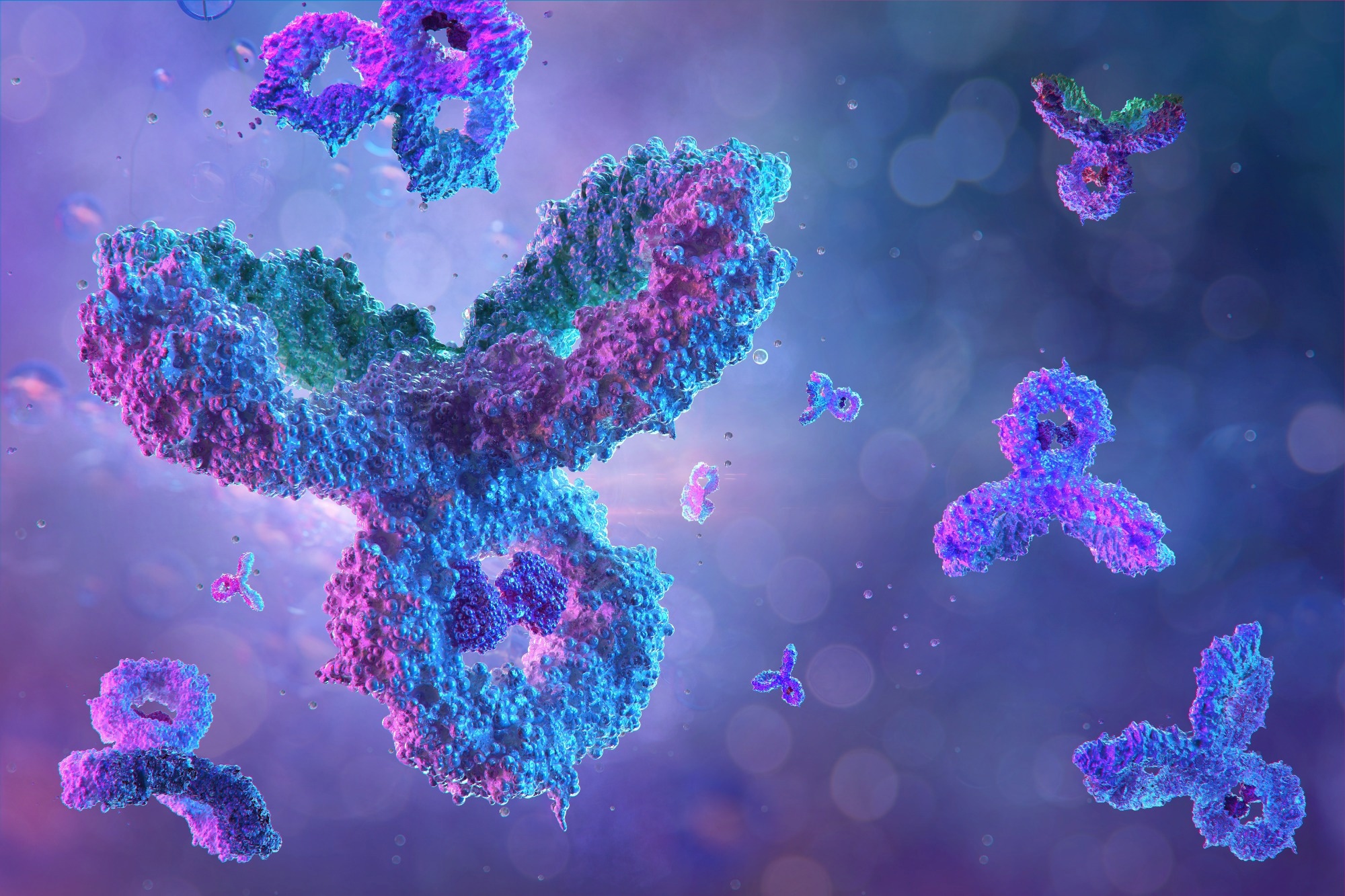Complex biological samples are comprised of several proteins. Vital information concerning the biological processes underlying human health and disease can be gained from understanding the presence and relative abundance of different proteins in a sample.

Image Credit: Corona Borealis Studio/Shutterstock
Some methods of protein detection identify proteins using antibodies or other affinity-based reagents with specificity for the proteins of interest. These techniques demand the production of protein-specific antibodies or the utilization of commercially available or custom-targeted antibody panels.
The need to source or develop high-quality antibodies with proper specificity for target proteins and panels restricts the proteins that may be identified. This often results in important information about proteins with variant peptide sequences being unattainable.
The Platinum® instrument from Quantum-Si provides a solution for the identification of proteins in a mixture via the direct sequencing of them. This removes the need for a targeted antibody-based detection assay.
To show how Platinum can detect several proteins in a sample, a total of five recombinant proteins (CDNF, FGF2, IL4, GMFB, and PDIA1) were combined in a mixture and the Platinum was employed to identify them via protein sequencing, as displayed in Table 1.
This article presents a technique for the optimization of sample preparation for a mixture of five proteins. Next-generation protein sequencing™ can be used to confirm the presence or absence of specific proteins in a mixture.
The capacity to interrogate multiprotein sample mixtures at lower input concentrations compared to the single protein concentration recommendations provides greater process efficiency and testing throughput.
These results show the applicability of the Quantum-Si Platinum sequencing platform for interrogating complex protein samples through real-time dynamic sequencing.
Table 1. The 5 Proteins Sequenced and their Function. Source: Quantum-SI
| Protein |
Function |
| CDNF |
Cerebral dopamine neurotrophic factor (CDNF) plays a role in neuronal function1 |
| FGF2 |
Fibroblast growth factor 2 (FGF2) is part of a family of cell signaling proteins involved in normal development in animal cells2 |
| IL4 |
Interleukin-4 (IL4) is a cytokine that suppresses inflammation and plays a role in tissue repair3 |
| GMFB |
Glia maturation factor beta (GMFB) is a growth and differentiation factor for both glia and neurons and involved in neurodegeneration4 |
| PDIA1 |
Protein disulfide isomerase (PDIA1) serves many functions in chaperoning and assisting with folding proteins5 |

 Click here to download the whole version of the paper
Click here to download the whole version of the paper
About Quantum-SI
Inspired by Ion Torrent’s success at shrinking next-generation sequencing technology into a benchtop instrument, Jonathan Rothberg founded Quantum-Si™ to bring the same semiconductor technology to protein sequencing with the launch of the Platinum® Next-Generation Protein Sequencer™.
That was in Guilford, CT, back in 2013. Fast forward to today and we now have over 1,000 patents issued and applications pending, plus a groundbreaking single-molecule protein sequencing technology platform, the Platinum.
Along the way, we solved critical challenges around sensitive and unambiguous amino acid detection, blending biology, chemistry, and semiconductor technology to help biologists see what other approaches cannot deliver. We also set the stage for a revolution in how scientists understand biology and build new treatments for disease by making single molecule protein sequencing accessible to every lab everywhere.
We are now entering a new phase of our development as a company. Starting with an initial public offering in June 2021 (QSI on the NASDAQ) and continuing with a new product development and operations facility in San Diego, CA, in 2022, we have entered a period of rapid growth. Through this expansion, we will be able to fuel a new era of biology, the post-genomic era, where biologists accelerate basic scientific insight and biomedical advances through the power of next-generation protein sequencing.
Sponsored Content Policy: News-Medical.net publishes articles and related content that may be derived from sources where we have existing commercial relationships, provided such content adds value to the core editorial ethos of News-Medical.Net which is to educate and inform site visitors interested in medical research, science, medical devices and treatments.